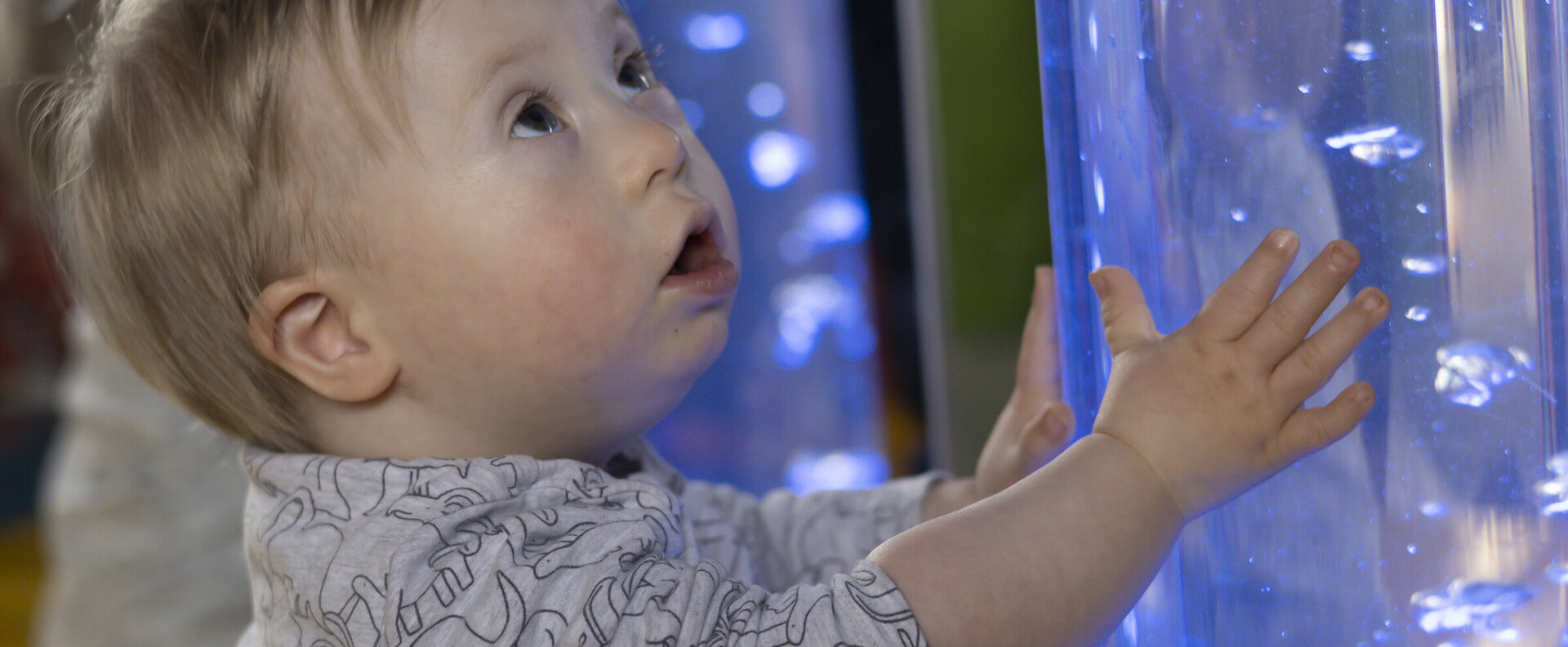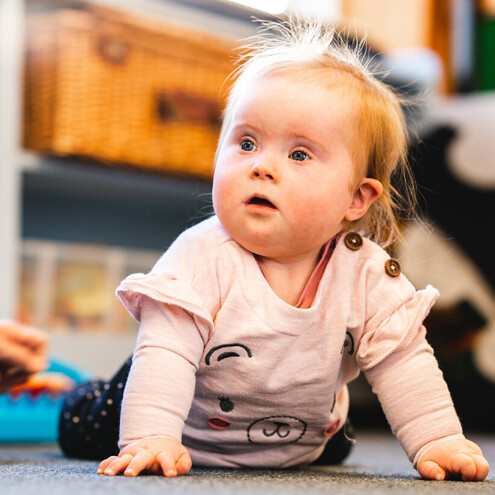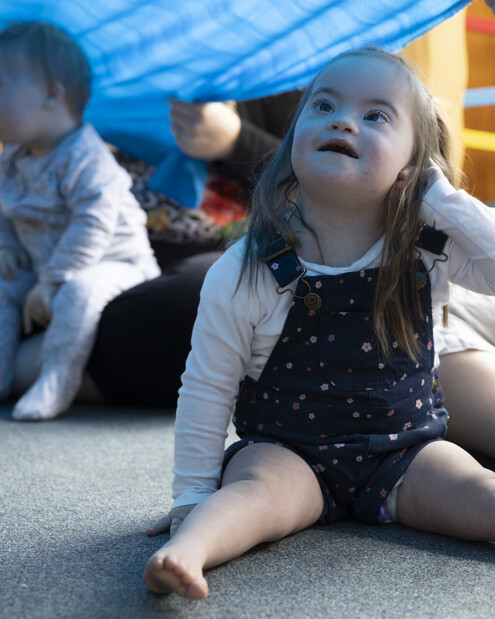What is Early Intervention?
This is the term used to describe the services and supports that are available to babies and young children with developmental delays and disabilities and their families.
Different types of specialists work with kids and their families depending on which skills are delayed. Early intervention focuses on skills in these areas:
- Physical skills (reaching, crawling, walking, drawing, building)
- Cognitive skills (thinking, learning, solving problems)
- Communication skills (talking, listening, understanding others)
- Self-help or adaptive skills (eating, dressing)
- Social or emotional skills (playing, interacting with others)
These services can have a significant and positive impact on a child’s ability to learn new skills and overcome challenges and can increase success in school and life.
Why is Early Childhood Intervention Important?
Every young child has an individual path to development and each learns and develops differently. One child may talk earlier than others. Another may walk later. Often, these differences will even out over time. But some children will need extra support. This is where the team and programmes at McKenzie Centre can help.
You may see signs which indicate your child might need extra support. If you suspect your child has a developmental delay, the earlier you seek help, the better, and early childhood intervention has been proven to make a difference.
Early intervention services can have a significant and positive impact on a child’s ability to learn new skills and overcome challenges and can increase success in school and life.
Through specialist early intervention programmes, education and support which specifically address the unique needs of each child and family, McKenzie Centre aims to be a place of safety, knowledge and hope.
What the research says.
Decades of quality research have highlighted that the earliest experiences of children play a critical role in brain development. The first three years of a child’s life are particularly important. Positive early experiences are essential prerequisites for later success in school, the workplace and the community.
Services to young children who have, or are at risk for, developmental delays have been shown to positively impact outcomes across developmental domains, including health, language and communication, cognitive development and social/emotional development. High quality early intervention services can change a child’s developmental trajectory and improve outcomes for children, whānau and communities. Intervention is likely to be more effective and less costly when it is provided earlier in life, rather than later.
Families benefit from early intervention by being better able to meet their children’s special needs from an early age, and throughout their lives. Benefits to society include a reduced economic burden through a decreased need for special education and other support, and happier, more resilient families who contribute to their communities.
Sign up here to receive our centre updates.



